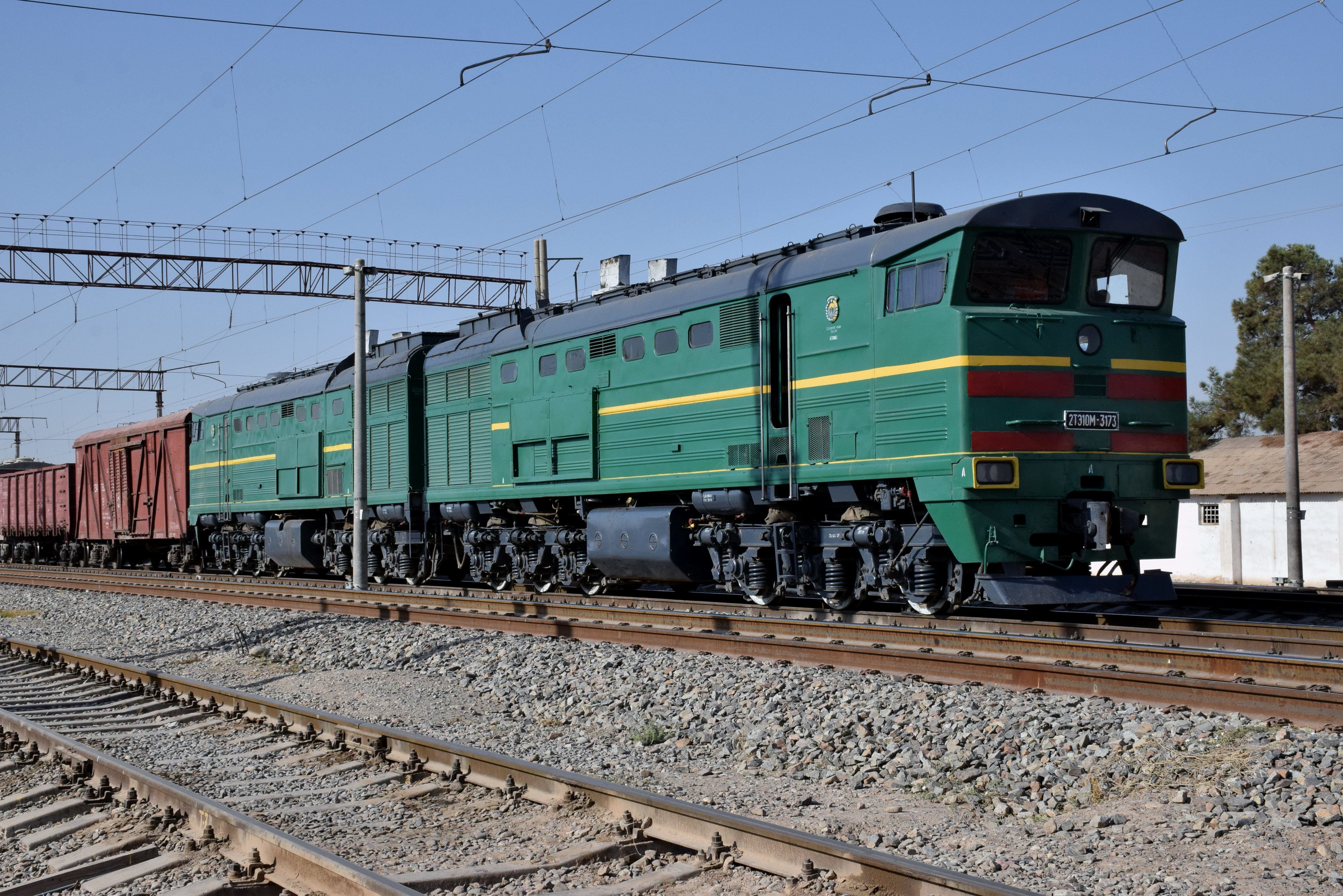TASHKENT
Uzbekistan and Pakistan’s leaders have committed to pursuing the construction of a Trans-Afghan railway line that will link Central Asia’s most populous nation with Pakistan’s seaports, a project designed to attract significant cargo flows.
Uzbekistan, a double-landlocked country with almost 35 million people, has been actively promoting the South and Central Asia rail link that will go through its war-torn neighbour Afghanistan, giving access to the ports of Karachi, Gwadar and Qasim.
Uzbekistan’s President Shavkat Mirziyoyev and Pakistan’s Prime Minister Imran Khan discussed the construction of the Uzbekistan-Afghanistan-Pakistan railway, dubbed the “project of the century,” Uzbek president’s spokesperson said.
“Prime Minister Imran Khan noted that he himself will personally oversee the implementation of this project,” spokesperson Sherzod Asadov said.
In February, Uzbekistan, Afghanistan and Pakistan signed an agreement on a railway roadmap covering the construction of the Trans-Afghan railway line that will connect Central Asia with ports on the Arabian Sea.
Three countries agreed to conduct a preliminary feasibility study for the project, survey the route and its terrain and examine possible finance mechanisms.
International financial institutions such as the Asian Development Bank, the European Bank for Reconstruction and Development, the Islamic Development Bank and the World Bank attended the summit and expressed their interest in supporting the project, although the amount and sources of investment are not clear yet.
Earlier this month, Uzbekistan’s Foreign Ministry said that the head of the Taliban’s political office in Qatar, Mullah Baradar Akhund, welcomed Uzbekistan’s initiatives to implement important economic projects in Afghanistan in the fields of transport and energy.
The statement was made after Mullah Baradar Akhund met Uzbekistan’s Foreign Minister Abdulaziz Kamilov.
The line will run from Mazar-e-Sharif in northern Afghanistan, via Kabul to Peshawar, Pakistan, and will connect with the Termez, Uzbekistan – Mazar-e-Sharif cross-border line that was opened in 2012, offering a direct rail link between Pakistan and the Uzbek capital of Tashkent.
The route is expected to have 27 stations, 912 artificial constructions and seven tunnels to facilitate cargo movement.
When constructed, the 600-km Mazar-i-Sharif-Kabul-Peshawar railway project will open the closest and most efficient corridor for Uzbekistan, where the railway tariffs are among the highest in the world, according to experts.
Experts say that the construction of the Trans-Afghan railway line will significantly reduce the time and costs of freight transport goods between the countries of South Asia and Europe through Central Asia.
The implementation of the Mazar-i-Sharif – Kabul – Peshawar railway project will reduce the time and cost of transporting goods along the North-South corridor by 30 percent, experts say.
This is a major step for Uzbekistan’s efforts to gather interested parties and international donor organisations in Uzbek capital this summer to rally support for the Trans-Afghan railway project.
Uzbekistan’s efforts to integrate into the world economy and to inter-regional transport corridors got a fresh start when President Shavkat Mirziyoyev came to power in 2016, after the death of Islam Karimov, who had ruled the country since the collapse of the Soviet Union in 1991.
As soon as he assumed the power, Mirziyoyev mended ties with neighbours that had been strained under his predecessor, launched an official negotiation process with the World Trade Organisation in 2019, and last December obtained observer status at the Russia-led Eurasian Economic Union.

